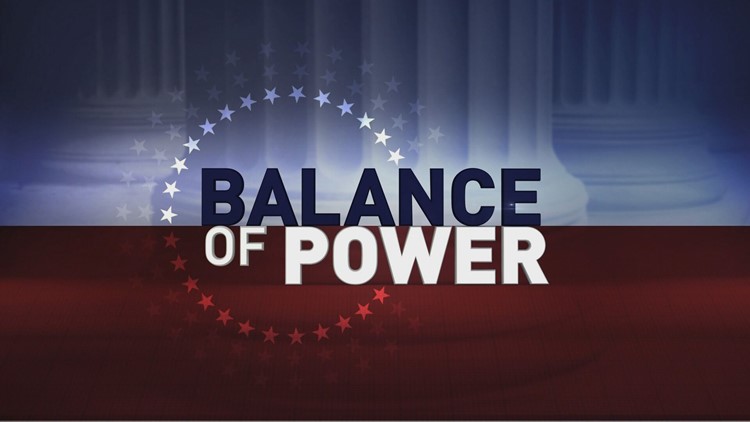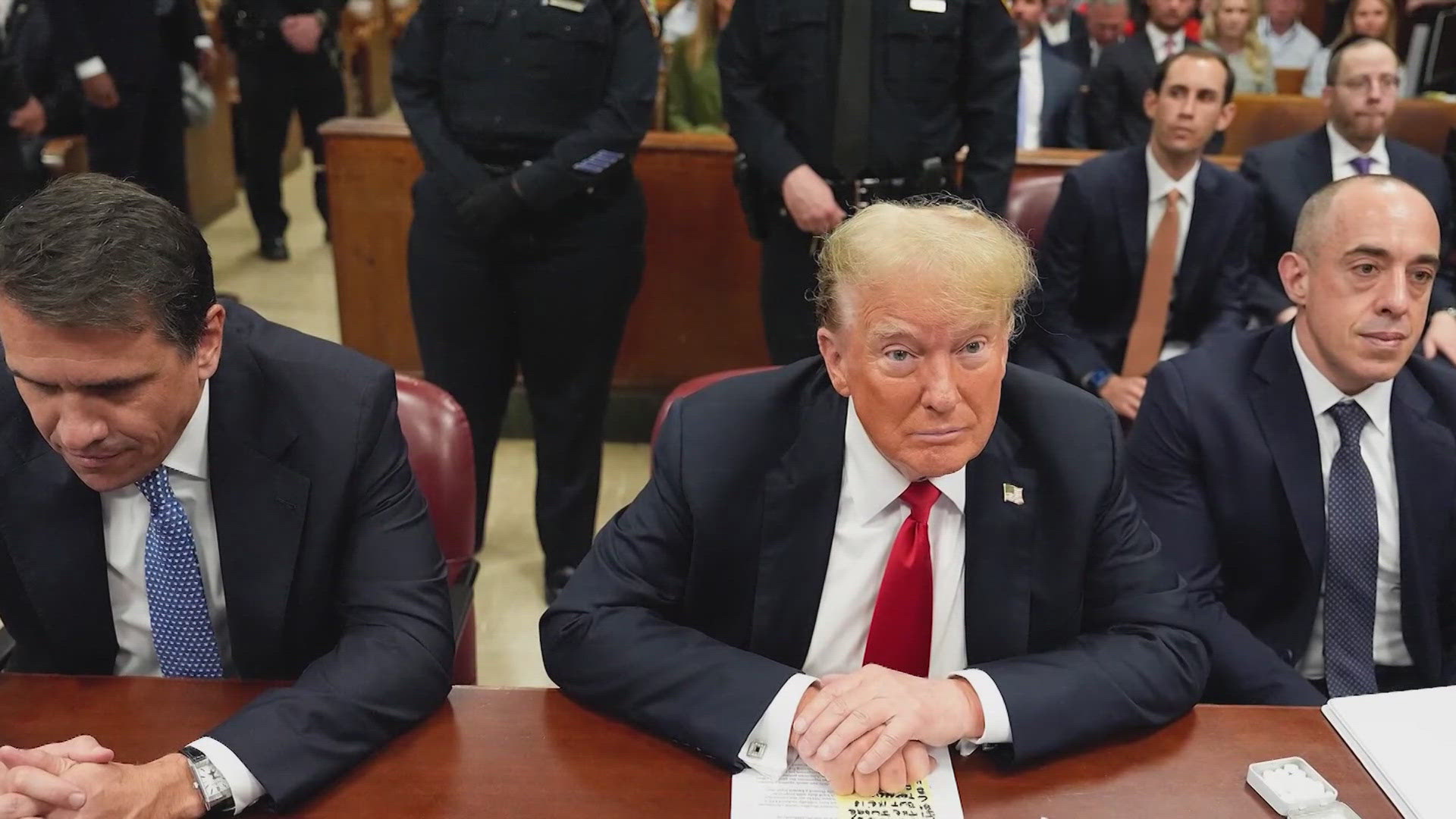KUSA - Colorado has a serious debate now over physician-assisted suicide, with lawmakers proposing law based on Oregon's "right to die" policy.
Balance of Power airs every Sunday at 8:50am on 9NEWS, right before NBC's Meet the Press. Episodes and extended interviews are posted on Sundays to 9NEWS.com.
YOUR THOUGHTS: connect with Balance of Power on Twitter and Facebook to send us your questions and comments. You can also send us an email. (politics@9news.com)
Many people debated passionately based on their personal experiences with disease and with morals when the bill got its first hearing on Friday,
On this program, two doctors share why they disagree about whether the proposal is ethical.
IS THIS MEDICINE?
Dr. Jean Abbott from Center for Bioethics and Humanities at CU Anschutz argues the proposal is ethical.
Colorado neurologist Dr. Lynn Parry (who serves on the board of the same Center for Bioethics) disagrees, arguing that the law sends dangerous signals.
Parry doesn't like the structure of the proposed law, which would provide terminally ill patients the ability to get a prescription for life-ending drugs.
"Our role is to do no harm," Parry said. "And I have a problem with handing somebody something where I know the intention is to end their life."
Abbott counters that modern medical technology traps a small group of people between life and death, and says in some of these cases, it's appropriate to consider ending one's life a form of treatment.
"If I ask my students, 'why do you go into medicine,' their answer usually is, at least in the first year, 'to save lives,'" Abbot said. "And the more you get into the thick of practicing medicine, the more complex that gets to be."
IT'S MY RIGHT, IT'S MY CHOICE
A large number of viewers made the libertarian argument, that nobody else should get to decide what happens at the end of their lives.
Parry says health care should be "equitable."
"There are a lot of people who have significant disease, they don't have what would be considered 'terminal' disease," Parry said.
She argues that ethically the bill sets different standards for people, providing different levels of relief to people with ongoing disabilities that are no less awful to live with than what are classified as "terminal" illnesses.
There are also equity issues related to income that Parry worries about, preventing lower-income people from accessing hospice care as an alternative to death.
PRESSURED TO A QUICK END?
On the 9NEWS Facebook page, Tiffany Stephen Oakes asked, "I do not believe in unnecessary suffering at all, but doctors, please answer the question of how you will know that individuals are not coerced or guilted into ending their lives by family members or other predators?"
This is a serious concern about this issue, but Abbott argues it's not so black-and-white.
"It turns out that we aren't autonomous individual human beings who have rights in and of ourselves, we actually live in community," Abbott said, adding that this aspect of the debate cuts both ways.
"There are patients who take a third round of chemotherapy and continue to 'fight' their cancer, even when they would rather not themselves, but they do it because they're part of a family unit," Abbott added.
The line between coercion and acting as a social being isn't always clear.
EXTENDED VIDEO
Parry and Abbott talked extensively about planning for end-of-life, alternatives to suicide, and other ethical questions around it.
Watch the unedited video here:
(KUSA-TV © 2015 Multimedia Holdings Corporation)



